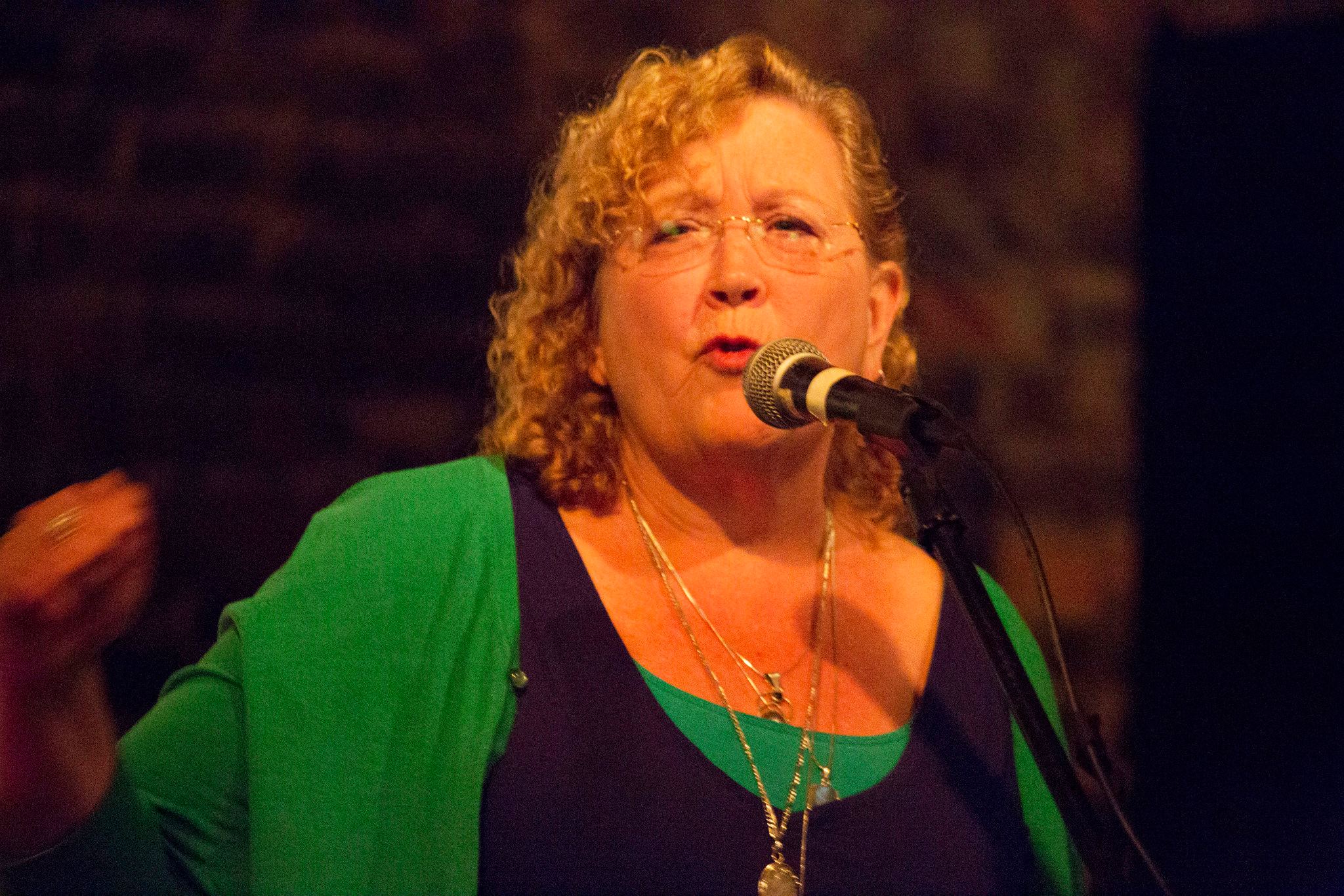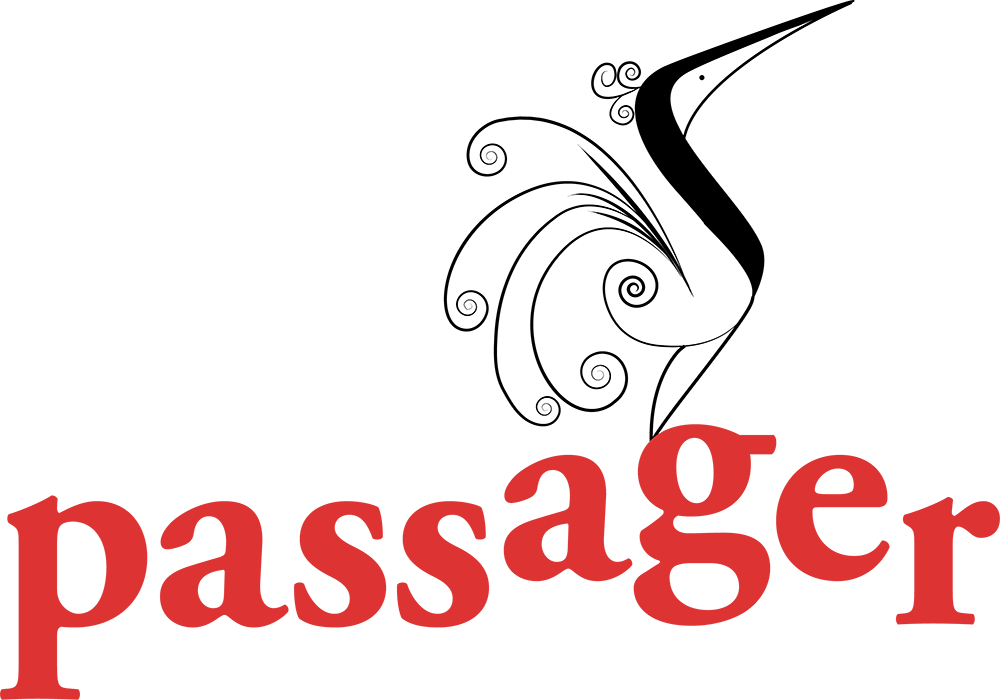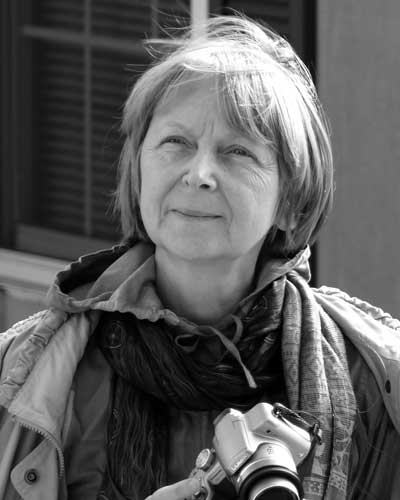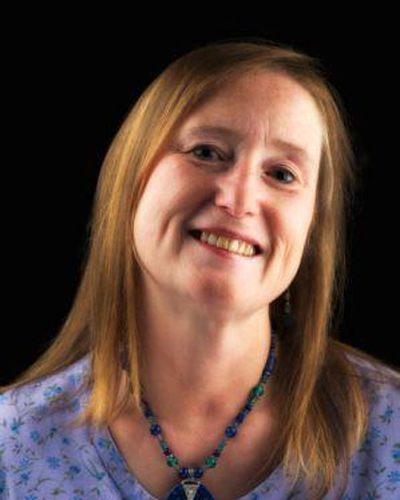Women




Four poems about women, featuring Laurie Barton, Cathleen Cohen, Dianne Woods Ashley and Laura Secord.
7 minutes
TRANSCRIPT
47 years ago, on September 20, 1973, Billy Jean King battled Bobby Riggs in a tennis match that became known as “the battle of the sexes.” Several years later, King announced that she was a lesbian. That was a time when women’s rights began to be protected, allowing women to feel freer to express themselves, to achieve equality in a variety of areas. Recently, it’s felt like some of those protections are being dismantled.
On this episode of Burning Bright, four poems about women.
Laurie Barton said that when she was growing up, there was a very narrow beauty standard for American girls. She said that she’s grateful that more people now embrace physical beauty in all its diversity. Here’s her poem “Nordic Dolls.”
Gretchen Hoff had sky-blue eyes
and so did Iris Schroeder.
Blue eyes as essential
as long blond hair, though
sandy would do
if your figure were good,
or even, if blue-eyed, brunette.
Blue eyes the mark of superior beauty
and breeding. Strong boys would wrestle
in front of a crowd, breaking bones
to score a perfect Nordic.
With your glasses and mud-colored
eyes, you walked home alone,
dateless and prom-less, a box of old
strudel for comfort. One Mexican girl
had a crush on Tom Vogel,
ruddy and tall as an SS commander.
She had a knockout body
and waist-length hair, so Tom groped her
in the dim parking lot of the Lutheran Church
but invited Gretchen Hoff
to the senior ball
where they floated, pink and blue,
blonde and blond,
as perfect as a river lined with castles.
Laurie Barton’s poem “Nordic Dolls” from Passager Issue 62.
Next, from Passager Issue 69, Cathleen Cohen’s poem “Naming.”
My daughter and her wife rescued
a tomcat
to companion the sweet, aged female
who prowls through their house.
Eli, our grandchild (age 4)
named the cat
Samuel
then declared it
a girl.
Lately we’ve been crawling
beside the felines
comparing their underbellies
with reference photos.
But Eli insists
as if
enlightened in a dream.
He says
Samuel will tell us
she’s a girl
when she’s older.
Cathleen Cohen’s poem “Naming.” She said, “It’s a wonder to see how young children learn to conceptualize the world, in this case concerning power, agency and self-definition.”
Dianne Woods Ashley said that her poem “The Women’s House” came from a dream that contained images of her grandmother’s house on Cape Cod.
When I sleep
my mothers move about my house.
My mother’s mother sparkling
the kitchen, setting her crystal apple pie
on the moist counter. No one sees her
go to bed or get up. “Look,”
my sister’s daughter points, “her
apron is growing from her shoulder blades.”
My own mother hides
under the sofa. No one can coax her
out, but she giggles when we bounce
on the cushions and burps and falls asleep
without brushing her teeth.
My father’s mother arrives
while I am sleeping. Her trunks
are made of porcelain. She’s been
to China and to Greece visiting
herself in a former life.
She has sent my sister
on a quest to an unknown country.
I want to touch the faint mustache
of this large grandmother but she won’t
cuddle. She has exotic gifts –
all for my sister.
In the morning I can’t remember
where everyone is. I wash my daughter’s face
and so many eyes stare back –
I wonder who I am really taking care of?
and when will I see my sister again?
“The Women’s House,” Dianne Woods Ashley from Passager Issue 67.
We started this episode with a poem from Issue 62; we’ll end with another one from the same issue. Laura Secord said she wrote her poem “The Shadow Blasters” after a float trip down the Little Cahaba River.
There were two old women
spitting cherry pits against the sky
causing a hailstorm in the middle of July;
two bold old women, big and round,
laughing and cackling together as they run;
two ancient bread dough kneaders
flop on tire tubes down river,
their floating thighs like dumplings in a tide.
Two all-you-can-eat old women drift
downstream to a place where they can bleed again
with dripping maiden red;
they flow by sunning turtles, and
their sweet blood trail entices horn-
shelled nibbles to their fleshy hinds.
Oh, explosive vessels
riding lazy river way,
and oh, their ravished banter
three-toed boxers splashing,
two old women laughing, turtle lips
snapping, cheers and clapping;
and oh, the clamoring shadows
running away in fear, far from the thundering
path of two old women.
Laura Secord’s poem “The Shadow Blasters.” She said she was trying to create a mythic tale celebrating the joy and power of women’s friendships.
To subscribe to, or learn more about Passager and its commitment to writers over 50, go to passagerbooks.com. You can download Burning Bright from Spotify, Apple and Google Podcasts, Audible, and a host of other podcast apps.
Thanks to Passager intern Shira Segal for researching and writing this episode.
For Kendra, Mary, Christine, Rosanne, and the rest of the Passager staff, I’m Jon Shorr.
*Due to the limitations of online publishing, poems may not appear in their original formatting.



